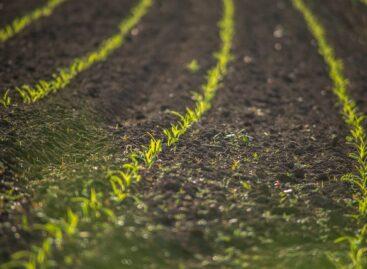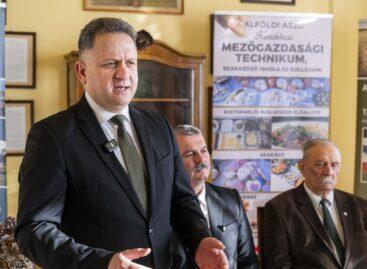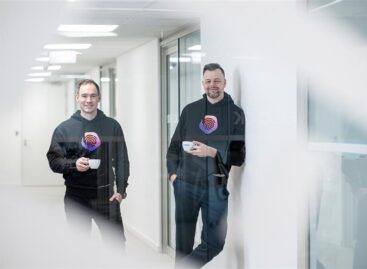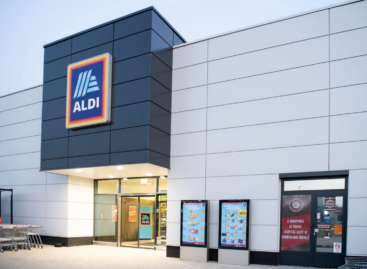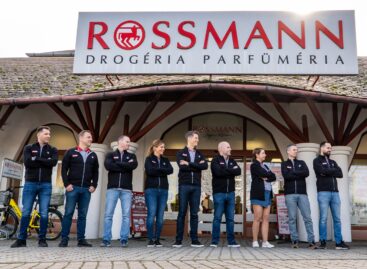By creating coffee farms that use soil renewal practices, Nescafé ensures the coffee consumption of the future generation
Climate change and unsustainable farming are seriously damaging the structure of the soil, which also causes serious damage to coffee-growing areas. In order to restore healthy ecosystems, Nestlé has come up with an ambitious plan, with which, building on the results of the Nescafé Plan of the previous 10 years, it supports the creation of regenerative coffee farms worldwide, dramatically reducing their carbon dioxide emissions.
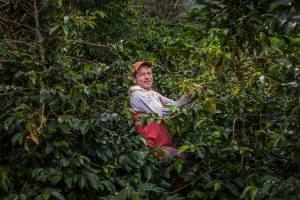
2.5 billion cups of coffee are consumed in the world every day, of which every seventh cup is Nescafé – this means that 5,500 cups of Nescafé are consumed worldwide every second. In order to ensure the long-term sustainability of coffee cultivation, building on the experience of the previous 10 years of the Nescafé Plan, the company has announced a new action plan, within the framework of which, in addition to the results of the previous 10 years, it would implement the transition to coffee cultivation methods based on soil renewal agricultural practices in the production areas from which the coffee is grown. is procured. The program aims to increase the yield of coffee farms and the standard of living of farmers, while reducing the carbon dioxide emissions associated with coffee production in the affected areas in Brazil, Vietnam, Mexico, Colombia, Cote d’Ivoire, Indonesia and Honduras. This is achieved by training farmers, developing production areas, planting high-yielding coffee plantations and financial support worth 1 billion Swiss francs. By 2025, Nestlé will purchase 20% of the coffee from sustainable sources, which serves as the raw material for Nescafé products, from farms that also use soil renewal practices, increasing this proportion to 50% by 2030.
For the same year, the company undertook to procure the raw materials used for its products from 100% responsible, non-deforestation sources that can be traced back to the farmers
Carbon dioxide emissions related to coffee production will be reduced by 50% by 2030 in order to reach net zero emissions by 2050. – The action plan just announced was preceded by more than ten years of work, thanks to which we now obtain 82% of our coffee from sustainable sources, and we have distributed 250 million coffee plants in the 16 countries where we are already operating our farmer support program. – says Anna Roche, head of Nestlé Hungária’s coffee business. – We are proud that, based on these results, our sustainability strategy can reach a new level, and from now on the focus will not only be on sourcing from sustainable sources, but beyond that, we can also transform the production method of coffee itself. Regenerative farming aims to improve soil quality, preserve biodiversity and renew coffee plantations. To this end, shade-giving plant types are planted near the coffee plantations as protection against drought, which also increase the soil’s organic matter content. The use of organic growing medium and compost is being expanded on the plantations. Coffee bushes that are more resistant to the symptoms of climate change are planted, which enable higher quality and yield under the changed conditions. Where necessary, water use for irrigation and tillage is optimized to protect stocks. The promotion of biological diversity is ensured by agroforestry and intercropping.
The development of packaging materials is also an important part of the company’s sustainability efforts
Thus, the packaging of the 20-year-old NESCAFÉ 3in1 and 2in1 products in Szerencs has also been renewed: in the future, the stick packaging of the product will be made of a type of plastic (monomaterial), thus facilitating the recycling of its material, i.e. it will become recyclable if there is a suitable collection, sorting and recycling infrastructure. By the first half of 2023, all NESCAFÉ 3in1, 2in1 sticks and collection bags produced in the Szerencs factory will be designed for recyclability, thanks to which the factory will use 1,200 tons less plastic than in 2020, and thus reduce greenhouse gas emissions.
Related news
CBAM causes market disruption
🎧 Hallgasd a cikket: Lejátszás Szünet Folytatás Leállítás Nyelv: Auto…
Read more >The government provides significant funding to support the development of crop dryers
🎧 Hallgasd a cikket: Lejátszás Szünet Folytatás Leállítás Nyelv: Auto…
Read more >Agricultural vocational training also places great emphasis on irrigation development
🎧 Hallgasd a cikket: Lejátszás Szünet Folytatás Leállítás Nyelv: Auto…
Read more >Related news
BioTechUSA and Docler Holding CEOs Launch New Venture
🎧 Hallgasd a cikket: Lejátszás Szünet Folytatás Leállítás Nyelv: Auto…
Read more >The popular downtown ALDI store is reopening
🎧 Hallgasd a cikket: Lejátszás Szünet Folytatás Leállítás Nyelv: Auto…
Read more >Rossmann managers became stockers and cashiers – the Fonyód store team traveled to Venice as a reward
🎧 Hallgasd a cikket: Lejátszás Szünet Folytatás Leállítás Nyelv: Auto…
Read more >

